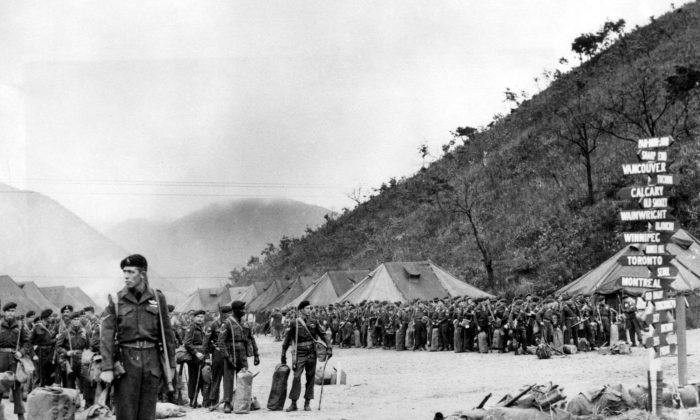Commentary
Johnston highlights the exceptional performance of enthusiastic volunteers, such as “Big Jim” Stone, who drew upon his experiences in Sicily and Italy during World War II to excel in Korea. In contrast, the full-time regular force struggled due to inactivity and underfunding, leading to complacency.
When selecting a commanding officer for the Special Force, the army looked beyond the ranks of the regular military and chose retired soldier John M. Rockingham. Known as “Rocky,” Rockingham, an Australian-born Canadian Army veteran with experience in Dieppe and Normandy, brought a unique blend of battle expertise and civilian management skills to lead the 25th Canadian Infantry Brigade.
Canada faced significant losses in Korea, with casualties ranging from combat-related deaths to accidents and illnesses. Despite the sacrifices, historian Granatstein argues that the war was worth it, as it prevented North Korea from further aggression and paved the way for South Korea’s transformation into a thriving democracy.
One individual who embodies the legacy of Canadian involvement in Korea is Hans W. Jung, a Korean immigrant who was inspired by Canada’s role in the conflict. Jung’s journey from a young immigrant to a senior naval officer exemplifies the opportunities and contributions that immigrants bring to Canada.
The Korean War serves as a reminder of the importance of peace and freedom, underscoring the need for a strong military, effective leadership, and a volunteer spirit to safeguard these values. As we commemorate Remembrance Day, we honor the sacrifices made in the pursuit of peace and the ongoing commitment to defending our nation. Please provide an alternative version.
Source link






